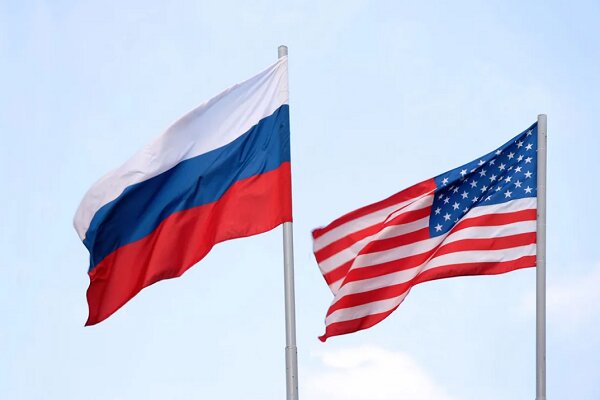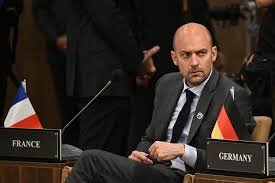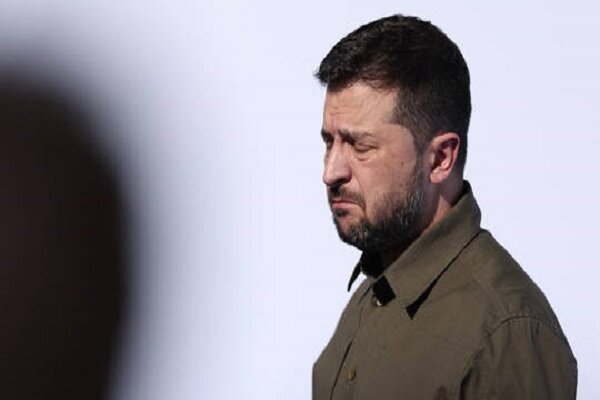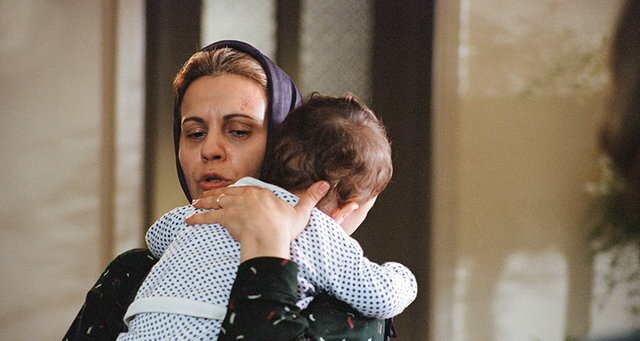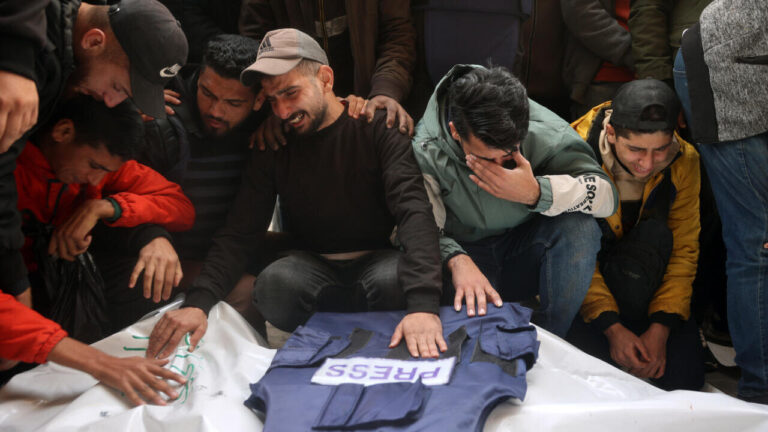Boosting US-Russia Relations: The Impact of the Recent Prisoner Swap
In recent discussions about U.S.-Russia relations, the insights of Witkoff have emerged as particularly significant. His comments highlight the importance of back-channel communications in fostering trust between nations, especially during turbulent times.
Witkoff stated, “We had a really good back channel, and it turned out to be very, very credible and enormously helpful. And that led to, I think, a lot of trust building candidly between the Trump administration and President [of Russia Vladimir] Putin,” in an interview aired by the Fox News TV channel, as reported by TASS.
His remarks shed light on the intricate dynamics of diplomacy and the role that informal negotiations can play in international relations. Here are some key takeaways from Witkoff’s interview:
- Credibility of Back Channels: Witkoff emphasized the effectiveness of back-channel communications, which can lead to enhanced trust between conflicting parties.
- Future Implications: He suggested that recent exchanges could yield significant benefits, particularly in the context of resolving the ongoing Ukraine conflict.
- Recent Developments: Witkoff’s visit to Russia and the subsequent departure of Fogel, who was serving a prison sentence for drug smuggling, indicate active negotiations taking place behind the scenes.
Witkoff’s involvement in discussions regarding the Ukraine conflict portrays him as a key figure in the U.S. administration’s approach to engaging with Moscow. He was mentioned by Trump as one of the negotiators who played a crucial role in these dialogues.
As the international community continues to scrutinize U.S.-Russia relations, Witkoff’s insights offer a glimpse into the complexities of diplomacy. The emphasis on building trust through credible communication channels may be vital for future negotiations and conflict resolution.
In summary, the focus on back-channel communications underscores a significant tactic in diplomacy that could lead to meaningful outcomes. Witkoff’s reflections, along with the ongoing discussions surrounding the Ukraine conflict, highlight the necessity for continued dialogue and understanding between nations.
As we look ahead, the potential for these diplomatic efforts to yield positive results remains a focal point for both U.S. and Russian officials. The evolving situation requires careful attention to the implications of each interaction and negotiation.
In conclusion, Witkoff’s statements serve as a reminder of the pivotal role that trust and credible communication play in international relations. The outcomes of such diplomatic engagements could shape the future landscape of U.S.-Russia relations and influence the resolution of critical global issues.
For those interested in the intricacies of international diplomacy, it is clear that the efforts of individuals like Witkoff are essential. As negotiations continue and new developments arise, the importance of maintaining open lines of communication cannot be overstated.
